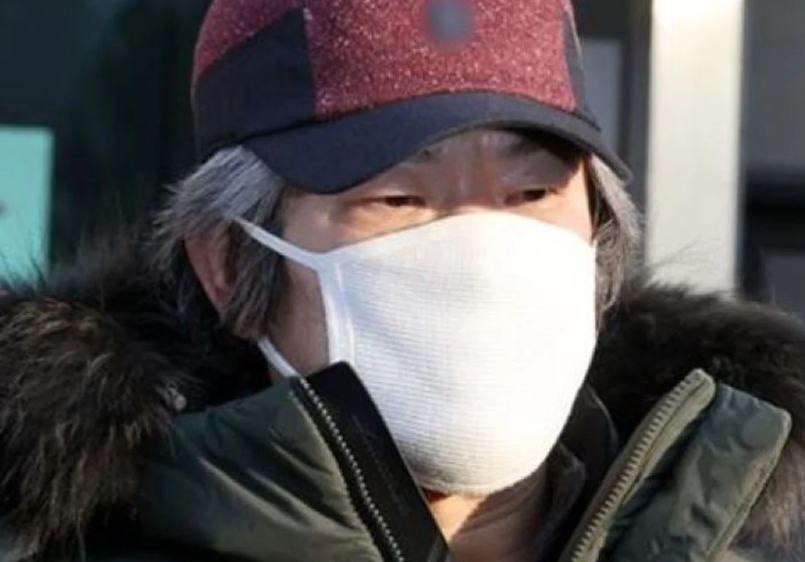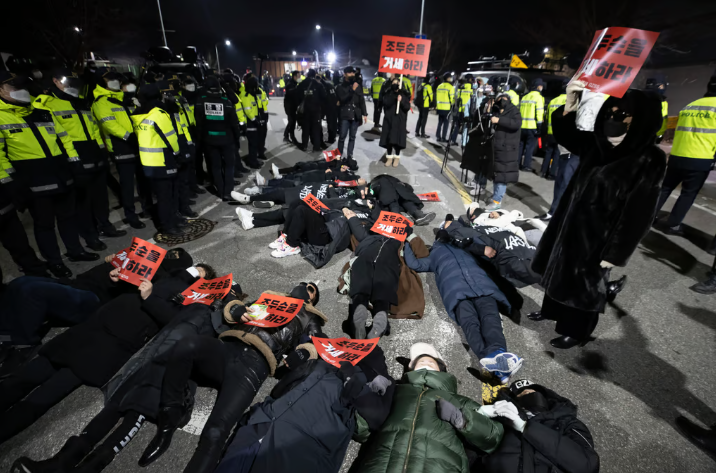Recently, the relocation of child rapist Cho Doo-soon (72 years old) to a new residence in the same neighborhood sparked the anger of the Korean public and increased calls for reform the law to curb high-risk offenders.
Cho was detained for 12 years after the brutal attack on an eight-year-old girl in 2008 – a crime that horrified South Korea and left deep scars on the local community. Since his release in 2020, this person has been under constant police surveillance.

Cho Doo-soon is a pedophile in the case that shocked Korea in 2008, the prototype for the movie Hope.
Recently, Cho moved to a new residence just 2km from his old home in Ansan City, Gyeonggi Province, local media reported.
The Gyeonggi Nambu Provincial Police Agency said they received notice from the Ministry of Justice on October 25 about Cho's change of residence.
The move, allegedly due to the expiration of his previous lease, caused fear and outrage in the community. Local residents, especially parents, are concerned about him remaining near schools, parks and the area where his family lives.
In response to public opposition, authorities have increased security measures. Police said they have installed a surveillance system at Cho's home including 35 surveillance cameras, increased patrols around the neighborhood and plan to relocate a security center closer to the pedophile's new address. .
A police official told Korea JoongAng Daily: “The former special security center is currently vacant, but the current patrol system is still maintained around Cho's new residence. We have a plan.” plan to relocate the special security center after selecting a suitable location”.

Protesters lie down on the street to protest the release of Cho Doo-soon in front of a prison in Seoul, South Korea, in December 2020.
However, these actions have not eased the worries of local people. Many people feel that increased police presence does not address their fundamental concern: Cho's right to freely live in his community.
Ansan residents spoke out against his presence, and many parents said they were considering moving away. Local protests and petitions demanding stricter laws are said to be on the rise.
Adding to their frustration is the fact that Cho has violated his parole conditions – including curfew, location monitoring and regular testing – multiple times since his release. In March, he was sentenced to three months in prison for violating curfew.
Cho Doo-soon's case has sparked fierce debates about South Korea's laws against high-risk criminals.
While individuals like Cho are subject to strict supervision, the current system lacks mechanisms to restrict them from residing near crime scenes or in areas with schools and parks.
There is currently a bill proposed in the Korean National Assembly that would require sex offenders considered “high risk” to live in court-designated areas.
Under current Korean law, courts can classify criminals as high-risk if they are sentenced to 10 years or more in prison for sex crimes and crimes against children under 13 years old or are sentenced to 3 years of imprisonment or more. sexual crimes or more.
Source: SCMP




